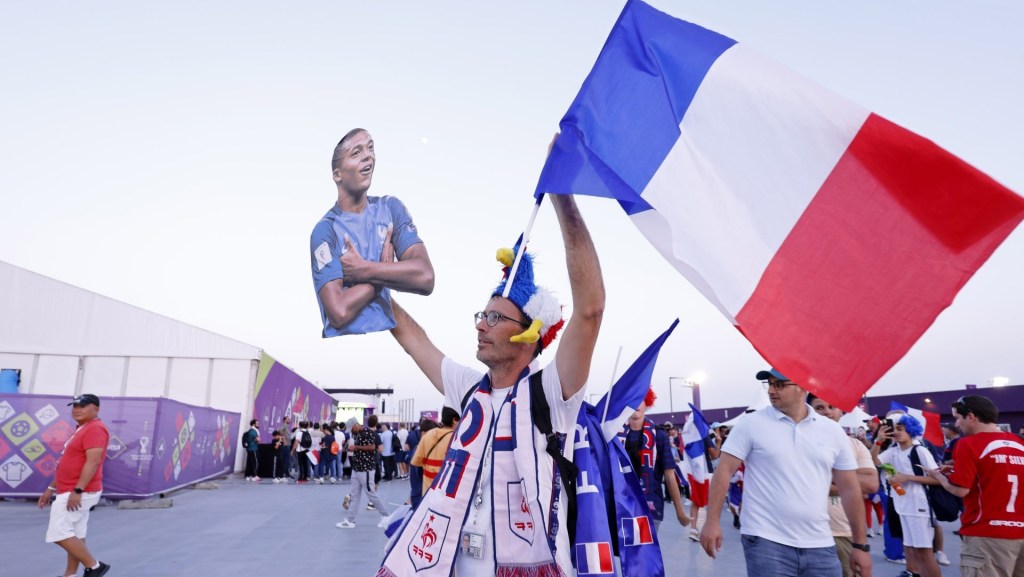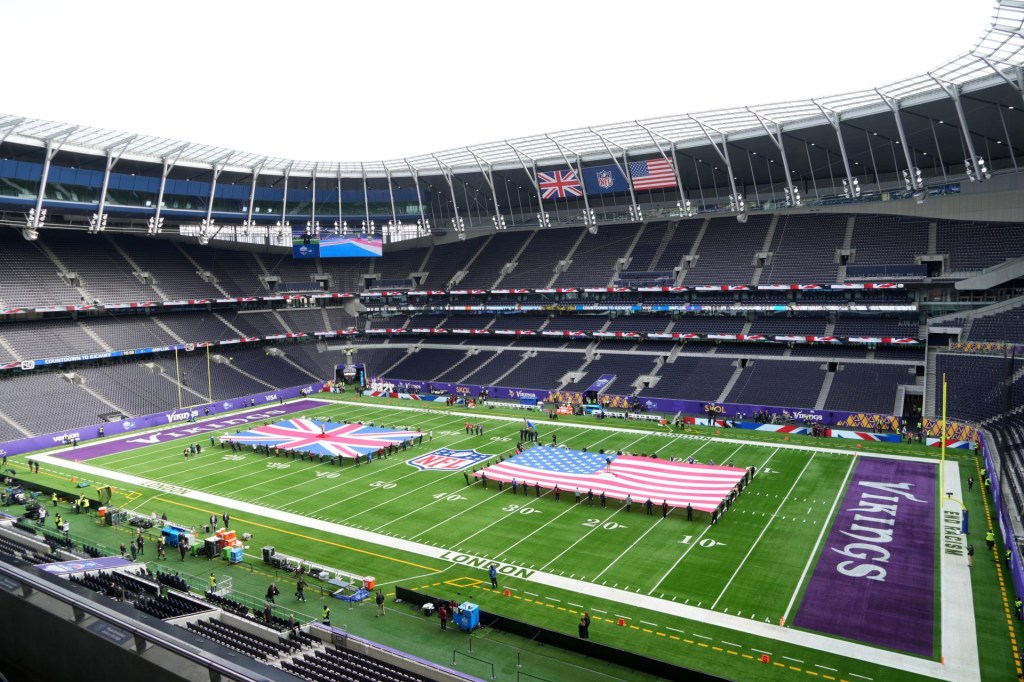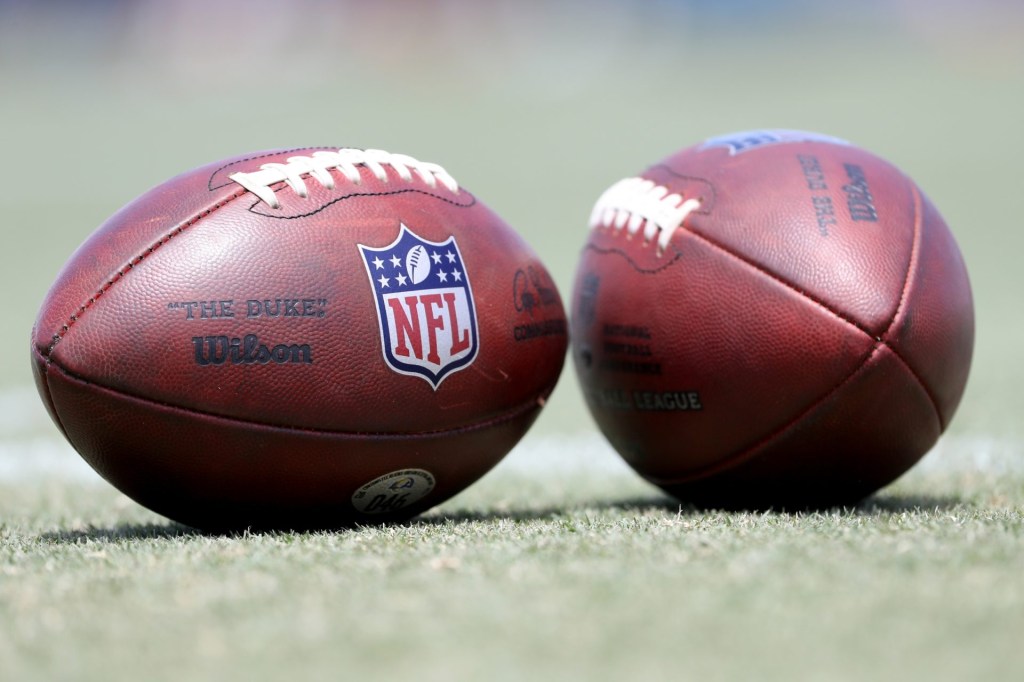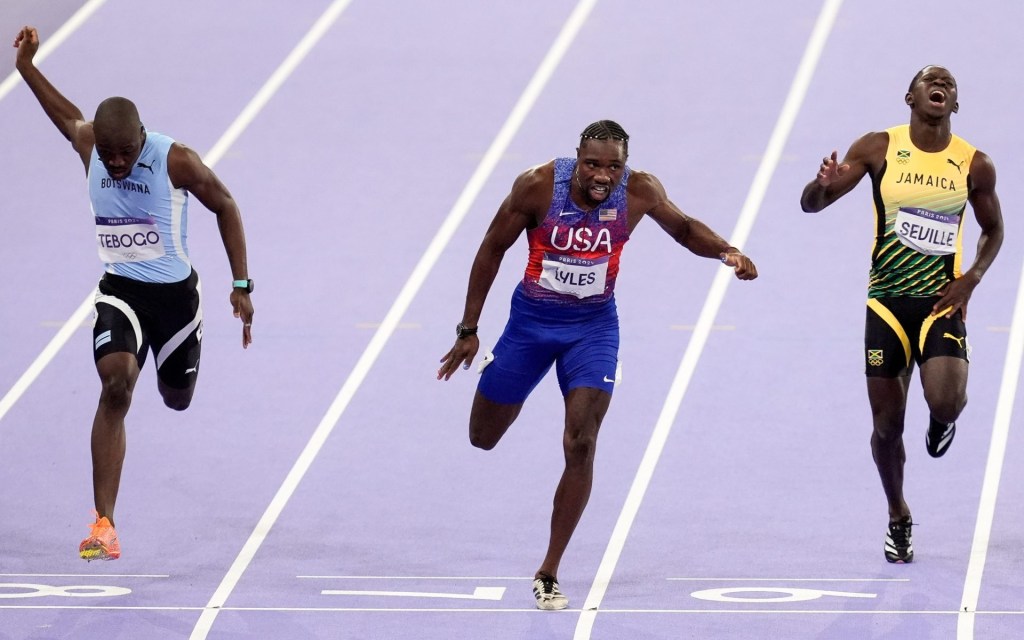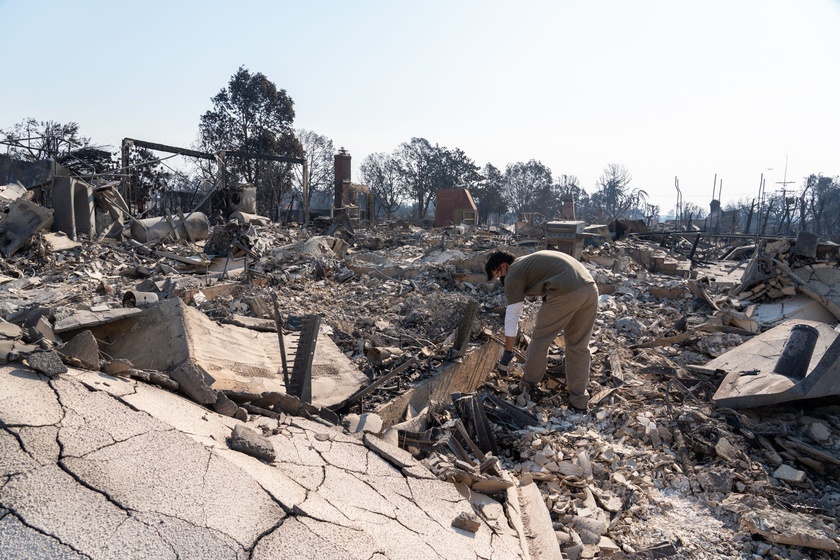The head of the United States Anti-Doping Agency called threats to declare the U.S. non-compliant with world anti-doping codes “illegal” and blasted the World Anti-Doping Agency over its handling of the Russian doping scandal in a statement to Front Office Sports on Sept. 4.
A June report from the White House’s Office of National Drug Control Policy posited that because the U.S. government is the largest contributor to WADA at $2.7 million, “taxpayers should receive a tangible return on their investment in WADA,” taking the form of reform measures and greater representation for U.S. officials.
WADA President Witold Banka told Reuters that American athletes’ ability to participate in major international competitions could be threatened if the U.S. didn’t continue to fund WADA.
“To threaten one country’s athletes over WADA’s failed governance model is pretty remarkable and disappointing,” USADA CEO Travis T. Tygart said. “There is something seriously wrong when WADA attacks one of its key partners that is doing everything to uphold the rules — yet they turn a blind eye to a country like Russia that runs a state-sponsored doping program.”
A proposal from the Trump administration had sought to cut the ONDCP’s budget from about $415 million to $28.5 million annually. But financial support of WADA has been a topic in Washington dating back to the Obama administration, and largely has been a bipartisan effort in the wake of WADA’s response to Russia.
“Its been a several-year effort since 2016 and it’s good now the U.S. government is no longer willing to throw good money after bad into an ineffective WADA political bureaucracy that has not lived up to its promise,” Tygart said. “Let’s hope change happens and WADA becomes a strong, independent and effective global regulator. Governments of the world would pay more not less for that. “
Other nations want WADA to consider a rule amendment to compliance standards that would mean non-payment of a government contribution could lead directly to that country’s national anti-doping organization — in this case, USADA — being declared non-compliant with the World Anti-Doping Code.
“Inevitably this could have serious repercussions for athletes from that country including their participation in major international sporting events,” Banka told Reuters.
“The hypocrisy here is unbelievable as the rules do not allow WADA to declare a country non-compliant and prevent their athletes from competing based on that country wanting WADA to be accountable and actually do its job for clean athletes,” Tygart said. “WADA’s illegal threat is an empty scare tactic and another example of how WADA leaders, sadly, have lost their way,” he added.
A WADA spokesperson confirmed the other nations’ sentiment in a statement to The Washington Post on Sept. 4.
“A number of governments and other stakeholders were shocked that a country could unilaterally withdraw WADA’s funding without facing any consequences,” the spokesperson said.
“They feel that what is happening with the U.S. Government could create a devastating precedent internationally that could jeopardize the entire global anti-doping system,” the spokesperson added. “Therefore, they have asked us to look at the possibility of amending our rules so that nations which go against the spirit of the UNESCO Convention Against Doping in Sport in this way would trigger strong sanctions under the International Standard for Compliance.”
With the postponed Tokyo Olympics now less than a year out, the implications of a ban could be dire. Athletes object to the premise that a financial dispute could derail their careers.
“It is entirely inconsistent for WADA to threaten essentially a blanket ban of American athletes in this case,” Han Xiao, the chair of the U.S. Olympic and Paralympic Committee’s Athletes’ Advisory Council, told The Post.
“The bottom line is clean American athletes should not be punished for disagreements between institutions over governance reforms. Even the suggestion that it’s an option sets a terrible precedent,” Xiao added.
“Those who care about clean sport need to stand up for it and WADA reform now more than ever,” Tygart said. “It’s a good thing the U.S. government and many others are demanding change and are not simply going to throw good money after bad into the WADA pocketbook.”
“WADA is apparently very threatened and obviously rattled, but to illegally threaten U.S. athletes and treat them like pawns in their political games is shameful,” he added. “They ought to spend the time trying to make WADA what the world wants it to be — a strong and independent regulator.”
Dick Pound, WADA founder and the longest-serving member of the International Olympic Committee, called the ONDCP report “out of the blue” and “inexplicable.”
Pound and Banka say the U.S. “has always been well-represented on its committees and decision-making boards,” The Post reported.
In July, USOPC CEO Sarah Hirshland sent a letter to ONDCP director James Caroll that expressed support for “some pieces” of his office’s report, according to The Post.
Hirshland said she is “concerned” that the effort to reduce funding could “undermine global anti-doping efforts and/or remove the role and authority of Congress to instruct decision-making authority over WADA funding.”
FOS senior reporter A.J. Perez contributed to this story.
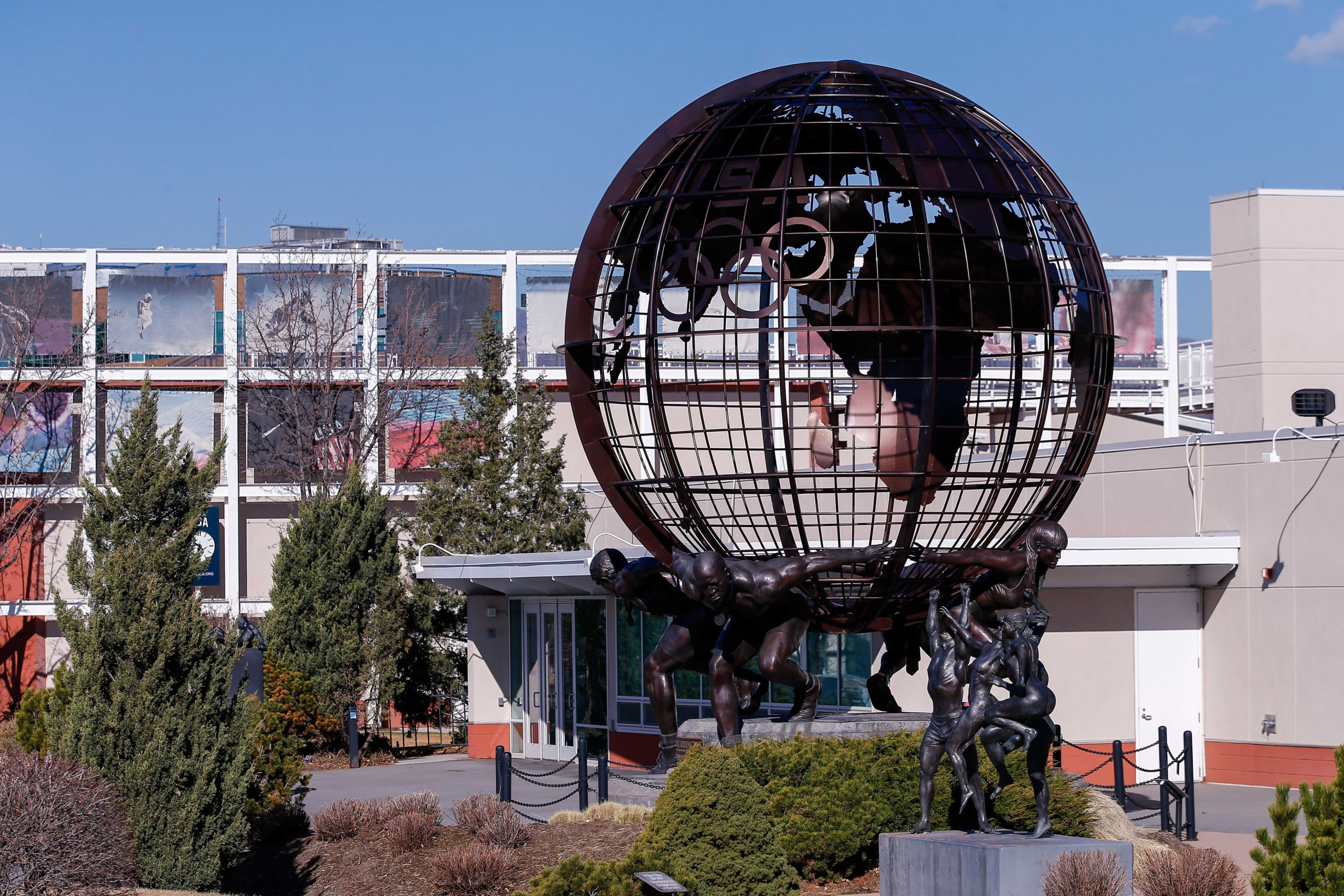



![[Subscription Customers Only] Jun 15, 2025; Seattle, Washington, USA; Botafogo owner John Textor inside the stadium before the match during a group stage match of the 2025 FIFA Club World Cup at Lumen Field.](https://frontofficesports.com/wp-content/uploads/2026/02/USATSI_26465842_168416386_lowres-scaled.jpg?quality=100&w=1024)
![[Subscription Customers Only] Jul 13, 2025; East Rutherford, New Jersey, USA; Chelsea FC midfielder Cole Palmer (10) celebrates winning the final of the 2025 FIFA Club World Cup at MetLife Stadium](https://frontofficesports.com/wp-content/uploads/2026/02/USATSI_26636703-scaled-e1770932227605.jpg?quality=100&w=1024)



